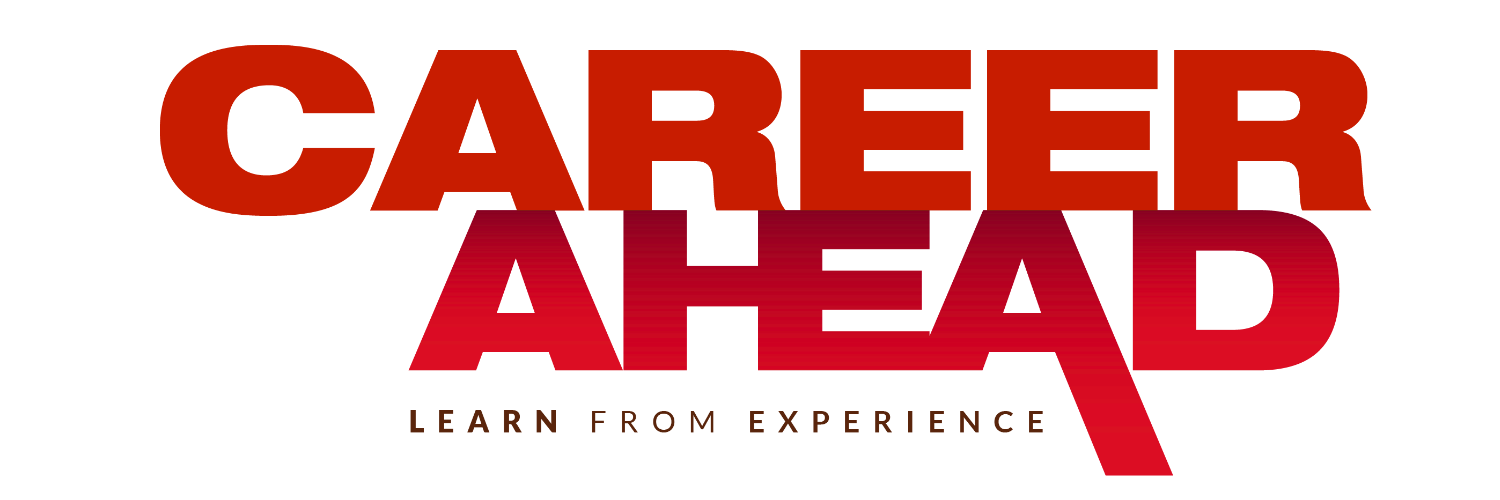No products in the cart.
Beyond Neet – 5 Career Options PCB Students Must Explore
The NEET 2021 results were announced by NTA on 1st November 2021. The NEET-UG 2021 recorded the highest attendance in five years with 16.14 lakh candidates. There are nearly 550 medical colleges in India and their total annual intake is about 80,000. This means less than 10% of students who appear for the exam have a chance to get admission to a medical college. A huge number of medical aspirants are left disappointed, considering it’s one of the toughest exams to crack. Losing hope after securing a low NEET SCORE is not the solution, as aspirants have done their best in the exam and this one result cannot decide their future. Candidates should focus on the other available options after NEET because Biology is an interdisciplinary, vast, and diverse field with applications in many areas. Instead of limiting their options to MBBS, students can go for a variety of courses like life sciences, research, and inter-disciplinary fields in Biology, such as Biotechnology, Genetic Engineering, Biomedical Engineering, Biostatistics, etc. Here are the top 5 alternatives to pursuing an MBBS that you can try if you love this field.
1. Optometry

Optometrists are independent primary health care specialists trained to examine the eyes to detect defects in vision, signs of injury, ocular diseases or abnormality, and problems with eye care and visual health. An Optometrist is a medical professional, but not a physician. They focus on regular vision care and prescribe eyeglasses and contact lenses. Optometrists examine the internal and external structure of the eyes. To become an Optometrist, you have to take a 4-year bachelor’s degree program, preferably in a relevant field such as biology, chemistry, or physiology. You require a bachelor’s degree to apply for optometry programs. Optometry programs typically take an additional four years to complete.
Optometrists can work with optician showrooms, with eye doctors, contact lens and ophthalmic lens industry, or become consultants in the eye care industry, or research optometry colleges. They can take work as post-secondary teachers. They can also seek employment with any multinational organization dealing with eye care products as professional service executives. Optometrists can also set up their private clinics and work independently or take up the work of occupational health specialists in vision care of industrial workers. They can also choose a career in sports vision, public health, and government service, or community health centers.
2. Food Engineering

Food engineers, also known as agricultural and food scientists, combine engineering concepts with microbiology, chemistry, and other sciences to create the best ways to make processed foods tasty, healthy, and safe. They are responsible for every step of food production, from production to distribution. Food engineers utilize the latest innovative technology to process, package, preserve and improve food products. This type of engineer works in combination with the agricultural and food processing industry to ensure food safety, supply, nutrition, and value.
A minimum of a bachelor’s degree in agriculture, life sciences, or food sciences is typically required to acquire an entry-level position in this field. Higher-level degrees offer greater job opportunities and higher compensation. Applications include food safety and quality, biorefining, pharmaceuticals, and environment-friendly packaging.
3. Nutritionist

With a boom in the health and nutrition industry, a student can also consider a career as a Nutritionist. A Nutrition Professional offers guidance to people, families, and organizations on how to change food, lifestyle, and mindsets for optimum health promotion. They can work with a licensed healthcare provider to help individuals with previously diagnosed diseases recognize biochemical imbalances and toxicity which lead to poor health.
Some nutritionists work in educational settings, others in a hospital or small clinic. Where you work has to do with the credentials you earn before entering the field. While most nutritionists earn a bachelor’s degree, others join the profession through a certificate program or non-traditional setting, like a for-profit wellness center.
4. Pharmacology

One of the main study domains under Biomedical Science and the pharmaceutical industry, pharmacology is studying how medicines affect a living organism and how the body responds to the medicine. The domain comprises the sources, chemical features, biological impacts, and therapeutic uses of medicines. These impacts can be therapeutic or lethal, based on various determinants. The domain of pharmacology explores drugs and medicines, which are later dispersed by pharmacists. Additionally, pharmacologists determine the medicine doses and how they can be safely administered.
A major in Biology and Chemistry and a bachelor’s degree in pharmacology are required. You can then pursue a master’s degree in pharmacology, where you can choose a specialization of your choice. Most pharmacologists pursue Pharm.D., from a pharmacy school (4 years of undergraduate, pre-professional college coursework, including 4 years of professional study).
5. Veterinarian

If you love animals as much as science, this might be the most rewarding career for you. You must have compassion and love for animals. Veterinarians tend to the health of pets, livestock, lab animals, and all kinds of animals. They examine animals to find health problems and fulfill their healthcare requirements. Most veterinarians work in private clinics and hospitals. Others travel to farms or work in settings such as laboratories, classrooms, or zoos.
Veterinarians must complete a Doctor of Veterinary Medicine degree at an accredited college of veterinary medicine. Most applicants to veterinary school have a bachelor’s degree. Veterinary medical colleges typically require applicants to have taken many science classes, including biology, chemistry, anatomy, physiology, zoology, microbiology, and animal science. Most programs also require math, humanities, and social science courses.
Author
-

Career Ahead, the flagship handle of Career Ahead Magazine, is dedicated to molding the next generation of professionals and entrepreneurs. Our mission is to educate and inspire today's ambitious minds to become the icons of tomorrow. As the ultimate tool and resource, we cater to young students, budding entrepreneurs, and innovative startups, providing them with the knowledge and inspiration needed to navigate their paths to success. Through in-depth articles, insightful analysis, and inspiring stories, Career Ahead empowers its readers to forge their futures in the ever-evolving world of work and enterprise.
View all posts












